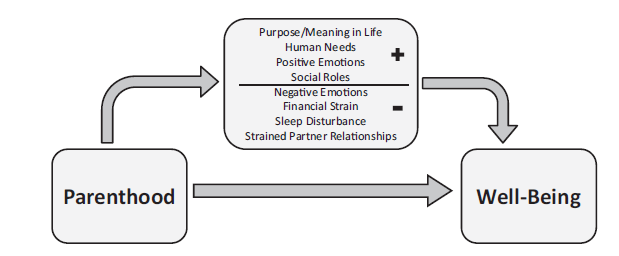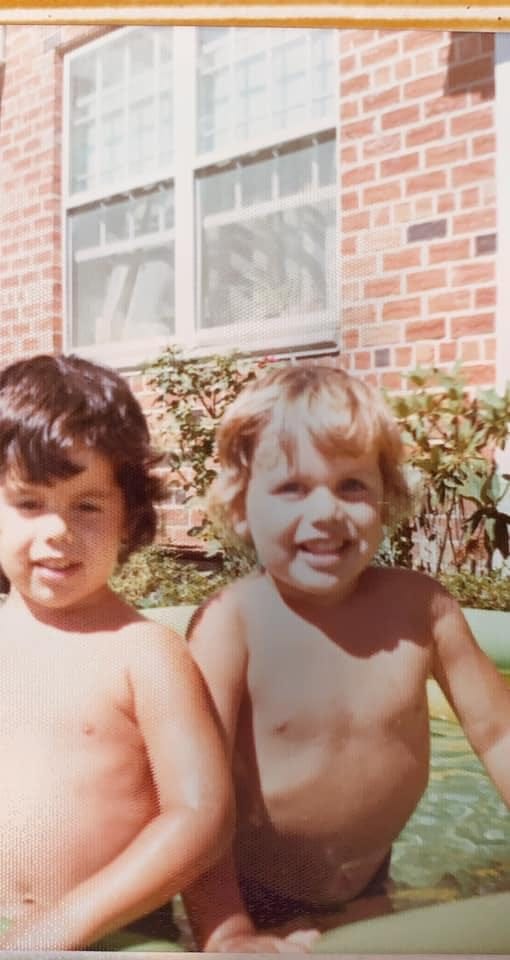Most People Confuse Purpose and Happiness. Our New Study Shows Why That’s a Problem.
The Stability, Strength, and Change in Purpose and Happiness Over Time.
Before we get to the main attraction, I had the pleasure of sitting down with
. Enjoy 8 minutes on how to extract wisdom from other people:One benefit of being a Premium Subscriber is first access to research from my Well-Being Laboratory. Our latest in press article is titled “Purpose and Happiness: A Comparison.”
For decades, psychology has lumped these two colossal beauties together under “well-being” (source), like putting salmon sashimi and protein-enhanced pop-tarts in the same category because they both taste good. Our new research pulls them apart to ask smarter questions.
We tracked people over two years as they navigated the mess and marvel of real life. We wanted time-lapse footage of their inner worlds. We wanted to know: Do happiness and purpose rise and fall in sync? Does being happy influence people to uncover more purpose later in life? Does having a strong sense of purpose ignite people to become happier?
Here’s why this matters. Psychology (and most of society) has a happiness hangover. Parents, artists, caretakers, activists. They don’t always feel happy but they’re often brimming with meaning.

And chasing happiness, paradoxically, can make you feel emptier (source). Purpose, on the other hand, can be gritty, unglamorous, even painful and yet people cling to it like a life raft. Why?
We need a framework that honors the tension. Treating purpose and happiness as twins instead of distant cousins misses something crucial.

Our study not only looked at how much people feel happy or purposeful but how stable those experiences are, and whether one drives the other.
Teaser: I didn’t want the results to turn out how they did.



